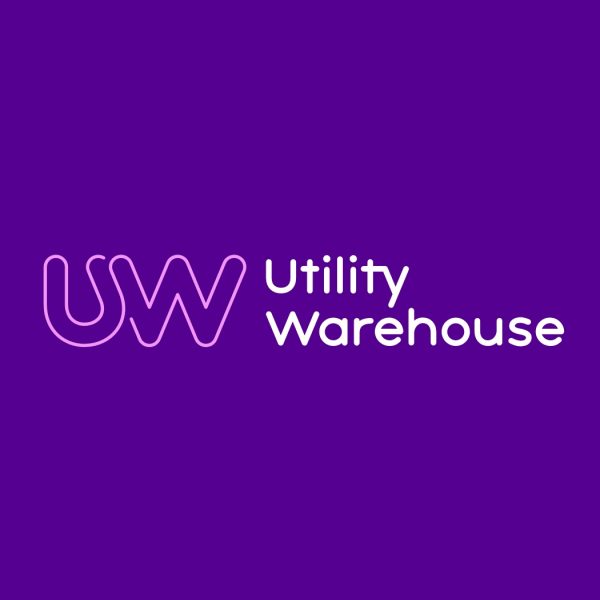Utility Warehouse Target 2 Million UK Customers for Future Growth

Energy and telecoms provider UW (Utility Warehouse), which is also known as Telecom Plus, has today announced that the company has passed the “one million customer milestone” and are now setting their sights on “doubling in size to two million customers” (no timescale for this was given).
Since 2021, UW has organically signed up more than 343,000 new customers and, in the last financial year alone, the operator claims to have delivered over £30m worth of savings to customers on their energy bills and a further £8m of savings on its Cashback card.
According to today’s announcement, UW now supplies “more than three million services – across energy, broadband, mobile and insurance – to more than one million households in the UK” (these are often bundled together into a single bill to help consumers save money, albeit at the loss of flexibility – since it’s harder to swap individual services if they’re stuck in a bundle).
Advertisement
The operator’s most recent H1 FY24 results help to clarify that the above figure includes total broadband services of 363,595 (up by 22,203 in the year), mobile services of 424,114 (up by 60,052) and energy services of 1,606,509. UW also sells various insurance, cashback cards and legal services that help to make up the aforementioned total of 3 million.
Stuart Burnett, Co-CEO at Utility Warehouse, said:
“Passing the one million customer milestone is a huge achievement for us and testament to our innovative business model. It shows that people are looking for a genuinely different way to manage their household bills, particularly with the cost-of-living remaining high. Our sights are now firmly set on doubling the size of the business from one to two million customers through a combination of our market-leading services and offering customers the opportunity to earn an extra income as a UW Partner.”
We did ask UW if they could provide an updated total for their broadband and mobile services, but they merely referred us back to the last set of results, which are now several months old.
Mark is a professional technology writer, IT consultant and computer engineer from Dorset (England), he also founded ISPreview in 1999 and enjoys analysing the latest telecoms and broadband developments. Find me on X (Twitter), Mastodon, Facebook, BlueSky, Threads.net and Linkedin.
« Gov MP Calls on Julia Lopez to Tighten Rules on Broadband Poles
CTG Bemoans Lack of Broadband Support in UK Budget 2024 »






















































I won’t be one that’s for sure.
Trouble with signing up with any supplier outside the mainstream (BT/SKY/Virgin etc) is as the recent Cuckoo story shows is that you can never be sure who you start your contract with is going to be the same company you finish with and what may happen during the contract period.
Nasty business. They sign-up ‘partners’ in each area who market their business on social media. I don’t know how much is sanctioned by UW, but I’ve seen very misleading advertising by these partners. Examples being graphs that show bars at half the height of competitors, when prices are only slightly lower. And those prices aren’t comparing like-for-like products, so aren’t real comparisons. Certainly they wouldn’t pass the ASA, but of course the ASA doesn’t govern individuals social media posts.
Yes, I saw our local UW evangelist sharing these misleading graphs last week. Glancing at the graphs you’d have thought you were going to make massive savings, when in reality the saving was very modest and only available if you signed over all of your mobile, broadband and energy supply to them. The graph made it look something like 30% saving when in reality it was something like 5%, comparing energy prices rather than broadband. The saving available for just switching your energy wasn’t enough to compensate the time spent deciphering the graph.
Same person was also trying to sign people up to sell for them, claiming you could earn up to £300 per customer you sign up. I’m presuming the person who signs up next evangelist gets a cut of their commission…
Just a bit more pyramid scheme selling to go then…
The economics of Broadband mean you need a high level of take up and most Altnets will simply not achieve that. The dominant operator BT/Openreach will take most of the market leaving the other players to fight over the remaining part of the market
Longer term I doubt the market will support more than 2 players in an area. It may take a few years though for this market consolidation to happen. WE are already seeing many of the small altnets struggling. Many are now slowing or even stopping any new rollout and focussing on trying to gain customers
Will they gain enough customers and revenues though before the debt overtakes them?